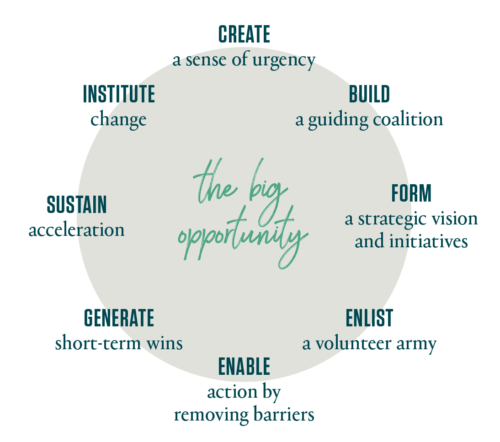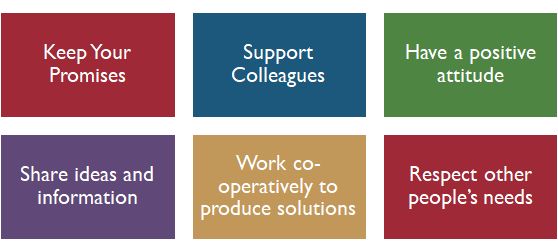Teams typically have 4 stages of development![]()
To be a good team member should you’d display the following:
 What makes a good team?
What makes a good team?
https://rework.withgoogle.com/blog/five-keys-to-a-successful-google-team/
Google explored team success in its business, and it found 5 factors that made a team successful. The researchers found that what really mattered was less about who is on the team, and more about how the team worked together. In order of importance: (see also Building Happiness p301)
Psychological safety…………………………………………………………………………..
Psychological safety refers to an individual’s perception of the consequences of taking an interpersonal risk or a belief that a team is safe for risk taking in the face of being seen as ignorant, incompetent, negative, or disruptive. In a team with high psychological safety, teammates feel safe to take risks around their team members. They feel confident that no one on the team will embarrass or punish anyone else for admitting a mistake, asking a question, or offering a new idea.
Dependability……………………………………………………………………………………
On dependable teams, members reliably complete quality work on time (vs the opposite – shirking responsibilities).
Structure and clarity…………………………………………………………………………..
An individual’s understanding of job expectations, the process for fulfilling these expectations, and the consequences of one’s performance are important for team effectiveness. Goals can be set at the individual or group level, and must be specific, challenging, and attainable. Google often uses Objectives and Key Results (OKRs) to help set and communicate short and long-term goals.
Meaning…………………………………………………………………………………………..
Finding a sense of purpose in either the work itself or the output is important for team effectiveness. The meaning of work is personal and can vary: financial security, supporting family, helping the team succeed, or self-expression for each individual, for example.
Impact……………………………………………………………………………………………..
The results of one’s work, the subjective judgement that your work is making a difference, is important for teams. Seeing that one’s work is contributing to the organization’s goals can help reveal impact.Psychological Safety is by far the most important attribute, and this is key to conversations and work colleagues.
- Do you make it safe for others in your conversation? By the words, tone, or body language
- Do you provide safety after the conversation? By not back-stabbing, breaching confidences, taking vengeance etc
- Do you demonstrate respect to others irrespective of whom they are?
https://effective-training-development.co.uk/top-10-characteristics-of-an-effective-team/
https://effective-training-development.co.uk/top-10-characteristics-of-an-effective-team/
Failing Teams
(Douglas McGregor, The Human Side of Enterprise) They are:
- Are dominated by their manager and have little autonomy in how they manage their work
- Are disinterested and bored by the work they are doing
- Lack clear set of targets and objectives
- Are dominated by the views of one or two key people in the group
- Show little respect for team members or what they say
- Use majority voting to make decisions, rather than seek genuine consensus
- Discourage the sharing of feelings in public and see criticism or conflict with other team members as something to avoid
- Avoid discussion about their actions or how effective they are
Driving Change in a team.

https://www.kotterinc.com/8-steps-process-for-leading-change/
The other resource that goes with setting up the 8 steps of change, are the typical 24 reasons why people push back for an idea and how to respond to them. This is in John Kotter’s book Buy-in . A selection of the 24 Attacks and Responses are here
What is your working style
Your personality style will tell you much about yourself, as will another perspective, the working style: (PDF questionnaire Here)

 What makes a good team?
What makes a good team?